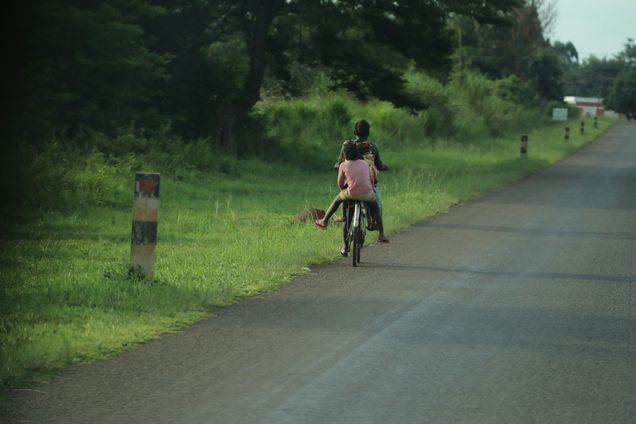US Global Health Aid Policy and Family Planning in sub-Saharan Africa

In 2017, the Trump administration reinstated and expanded the Mexico City Policy (MCP) as the “Protecting Life in Global Health Assistance” (PLGHA) policy, forbidding international organizations receiving US health assistance from promoting abortion. Existing evidence suggests that abortion rates rise under the MCP, but the direct effect of US funding restrictions on supply and use of family planning has received less attention.
In a new journal article published in Science Advances, Nina Brooks and colleagues study PLGHA’s impact on health service delivery providers and women in eight sub-Saharan African countries. They find that PLGHA reduced both provision and use of contraceptives in countries more vulnerable to the funding restrictions.
Key findings:
- Relative to countries less reliant on US global health assistance, health facilities in high-exposure countries are less likely to provide family planning when PLGHA is in effect.
-
Reductions in family planning provision are seen across different methods, including short-acting, long-acting reversible contraceptives and emergency methods.
- Facilities in high-exposure countries reduce their support for Community Health Volunteer (CHV) programs when PLGHA is in effect, limiting services for hard-to-reach populations.
-
Relative to low-exposure countries, women living in high-exposure countries were less likely to use any method of contraception at the time of the interview, but more likely to be using traditional methods and more likely to have given birth recently.
The study’s findings suggest that PLGHA has important unintended consequences that are detrimental to reproductive health and the autonomous decision-making of health service providers and women. It underscores the large impact that US politics, mediated through foreign aid, has on the lives of women in other countries.
Read the Journal Article